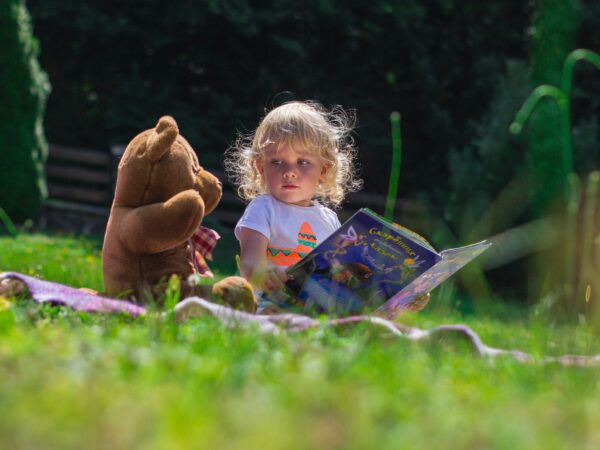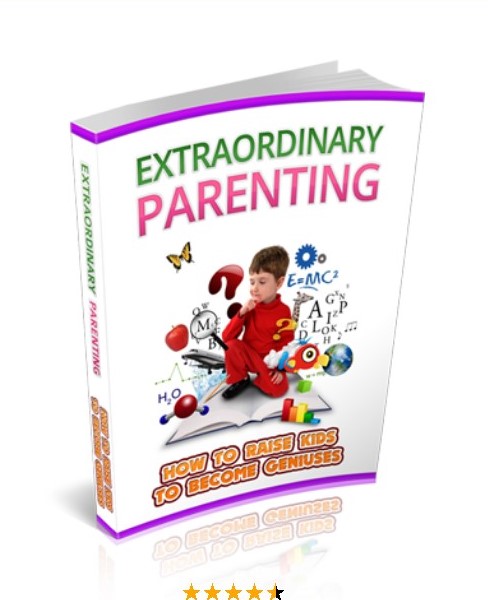
Stimulating language skills in toddlers is paramount as it forms the foundation for their cognitive and social development. Language proficiency empowers toddlers to express their needs, emotions, and thoughts effectively, fostering healthy communication and interaction with others.
Through language, toddlers not only convey their desires but also build connections with caregivers and peers, enhancing their sense of belonging and understanding of the world. Early childhood marks a significant period of language acquisition characterized by various milestones.
Initially, toddlers begin with babbling and imitating sounds, gradually progressing to uttering single words and eventually constructing simple sentences. As they engage in conversations and explore language-rich environments, toddlers absorb vocabulary, syntax, and grammar, honing their linguistic abilities and expanding their communicative repertoire.
Encouraging language development during these formative years lays the groundwork for lifelong communication skills and academic success.
Creating a Language-Rich Environment
Creating a language-rich environment is paramount for nurturing children’s language development and cognitive abilities. Exposure to language from an early age lays the foundation for effective communication and literacy skills.
At home, parents can employ various strategies to foster such an environment. Reading aloud to children introduces them to vocabulary, sentence structure, and storytelling, sparking imagination and language comprehension.
Engaging in conversations and storytelling sessions encourages language exchange, expression, and comprehension. Singing and incorporating music into daily routines enhance auditory skills and rhythmic understanding, stimulating language acquisition. Labeling objects and describing actions around the house not only expands vocabulary but also associates words with real-world contexts, aiding in language retention and understanding. By integrating these strategies, parents can create an immersive language environment that nurtures children’s linguistic development and fosters a lifelong love for language and learning.
Stimulating language skills in toddlers – Expanding Vocabulary
Expanding a toddler’s vocabulary is a crucial aspect of early childhood development, laying the foundation for effective communication and cognitive growth.
One effective technique involves introducing new words through context, embedding them in everyday activities and conversations. Parents can incorporate vocabulary-building activities into daily routines such as mealtime discussions, storytelling, and exploring the environment during outdoor walks or visits to the park.
Engaging in play-based learning experiences, such as games, puzzles, and interactive toys, also encourages language development by introducing new words in a fun and stimulating manner. Additionally, utilizing educational apps and resources designed specifically for young children can provide interactive opportunities to learn and reinforce vocabulary in an engaging way.
By employing these varied techniques, parents and caregivers can create a rich language environment that fosters the expansion of a toddler’s vocabulary and supports their overall linguistic development.
Developing Listening Skills
Developing strong listening skills is crucial for language development in individuals of all ages. Effective listening fosters better understanding and communication, enabling learners to grasp nuances of language and context.
To enhance listening comprehension, various activities can be incorporated, such as following instructions and directions accurately, which promotes attentiveness and clarity. Engaging in auditory discrimination games sharpens the ability to discern between sounds and words, refining auditory processing skills.
Additionally, listening to stories and audio books not only cultivates a love for literature but also exposes learners to diverse vocabulary and language structures. By actively participating in these activities, individuals can hone their listening abilities, laying a solid foundation for effective communication and language proficiency.

Promoting Language Play in Toddlres
Promoting language play in toddlers offers a multitude of developmental benefits. Engaging in language play activities not only enhances linguistic skills but also fosters cognitive, social, and emotional growth.
Through rhyming games and songs, toddlers explore phonetics and rhythm while expanding their vocabulary in a fun and interactive way. Word games and puzzles encourage problem-solving skills and introduce new words, enriching their language repertoire. Additionally, storytelling and imaginative play spark creativity, encourage narrative structure, and enable children to express themselves freely.
These activities lay the foundation for effective communication, critical thinking, and literacy development, ensuring toddlers embark on a journey of learning and exploration while delighting in the wonders of language.
Modeling Language for Toddlers
Modeling language is of paramount importance for toddlers as it lays the foundation for their communication skills and cognitive development. Effective language modeling involves employing clear and simple language that is easy for young children to grasp.
By narrating daily activities and experiences, caregivers provide toddlers with rich linguistic input that helps expand their vocabulary and understanding of the world around them. Furthermore, modeling turn-taking and conversation skills teaches toddlers the art of communication, including listening, responding, and taking turns in a conversation.
These techniques not only enhance language acquisition but also foster social interaction and emotional development in young children, equipping them with essential skills for lifelong communication.
Monitoring Developmental Progress
Monitoring developmental progress involves being attentive to typical language development milestones while interacting with children. Recognizing when a child reaches key linguistic milestones, such as babbling, forming simple words, and eventually constructing sentences, helps gauge their linguistic growth.
Equally important is identifying potential language delays or concerns that may impede a child’s progress. Signs like limited vocabulary, difficulty following instructions, or struggles with social communication warrant attention. In such cases, seeking professional evaluation and support from speech-language pathologists or developmental specialists becomes crucial.
Early intervention can significantly enhance a child’s language acquisition and overall developmental trajectory, making vigilant monitoring an essential aspect of nurturing healthy linguistic development.
Conclusion
In conclusion, fostering language skills in toddlers requires a multifaceted approach that integrates various strategies tailored to their developmental stage. We’ve highlighted key strategies such as interactive reading, engaging in conversations, exposing children to diverse language experiences, and incorporating play-based activities into daily routines.
It’s crucial to emphasize the significance of ongoing support and encouragement in language development. Toddlers thrive in environments where they feel valued and encouraged to explore language. As parents and caregivers, our role extends beyond merely teaching vocabulary; it involves actively participating in their language journey, celebrating milestones, and providing a nurturing atmosphere where they feel safe to experiment with language.

